



There's a gift shop. Of course there's a gift shop: Halo is one of the most lucrative and loved franchises of our times, and the chance to buy limited edition Grunt plushies (maximum three per customer) and replica Master Chief helmets is a source of genuine excitement for the thousands of fans pouring through the doors of Halofest at PAX 2011.
Halofest, running from the 26-28 August in Seattle, was organised to commemorate the series' tenth anniversary. It was just about the most perfect place on Earth - and I learnt this the hard way - to get inadvertently roped into a heated argument about whether the Needle Rifle can stack up to the DMR in Halo: Reach. (I have it on some very good authority that it can't).
Such passion and devotion from its fans is well deserved, and Halo is one of the few series that command enough attention to warrant such an event. One person in the queue remarked that he didn't even have an Xbox but wanted to see what was going on. The game's innovations, such as recharging health and a two weapon arsenal, have become commonplace, but its soul - lush greenery, the incredible musical score, the simple pleasure of shooting grunts - is still very much its own.
But just how did Halo become the franchise that it is today? Dan Ayoub, executive producer at 343 Industries, should know; he's currently working on Halo: Combat Evolved Anniversary, a remastered version of the Xbox's defining game. "There's something very special about Halo that I think a lot of franchises haven't been able to replicate," he says.
Like what? "First of all, it's a story - there's a fantastic story around it, there's a universe that I think people relate to. There's a very human struggle in the franchise as well, and I think people are very able to identify with. I think what's really cool about Halo is the whole UNSC push for survival. It's really about human potential. What can humanity aspire to? What can we get to? That we actually can achieve greatness. I think that's very special and appeals to a lot of people."

This year's Halo is a remastered version of the original Halo: Combat Evolved, to be released on November 15. That's the same day the original game came out in 2001, and a date precious enough to Microsoft that it's prepared to have the remade Halo go toe-to-toe with Modern Warfare 3 in 2011's crowded Christmas market. But why, exactly, does Microsoft have so much faith in this being a date worth celebrating?
The story of Halo goes back way before November 15 2001. Originally conceived as a real-time strategy game set in a sci-fi universe, Halo made its debut in 1999 with a trailer that looked nothing short of revolutionary. Bungie's game was to be the jewel in the crown of Mac gaming, announced by none other than Steve Jobs at the Macworld conference.
It wasn't to be, of course: Microsoft acquired Halo creator Bungie from Take Two in 2000, transporting the studio from their offices in Chicago - described as "a big smelly frat house located in a former Catholic girls school" by Bungie luminary (and composer of that theme) Marty O'Donnell in a 2004 blog post - to the other side of the USA. Almost all of Bungie's employees chose to make the 2000 mile trek to the new Redmond office, which O'Donnell described as "an even, bigger smellier frat house located in a former accounting firm's office space".
By November 15 2001, then, the game was already legendary, stoked by a heavy mix of dissidents and optimists perennially clashing over issues such as graphical potency and analogue stick controls, a then-daily argument catalysed with a multi-million pound marketing campaign from Microsoft and its first-party status.
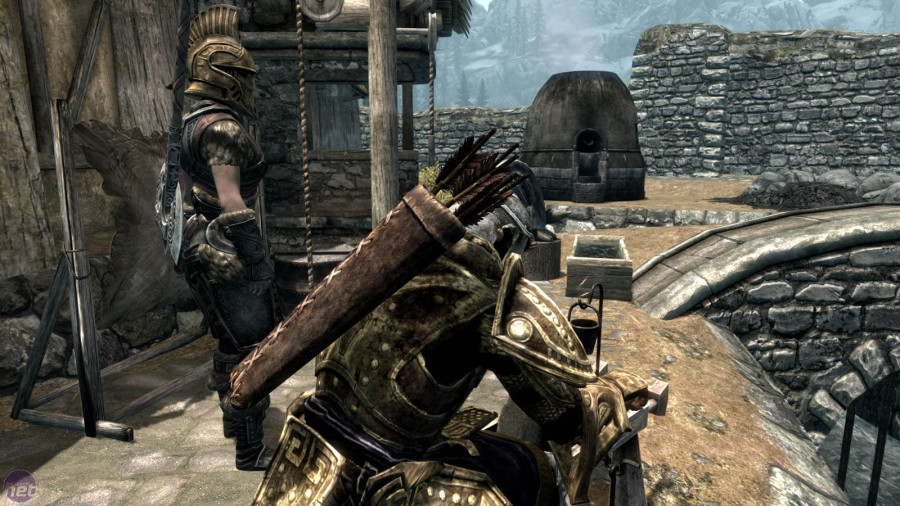

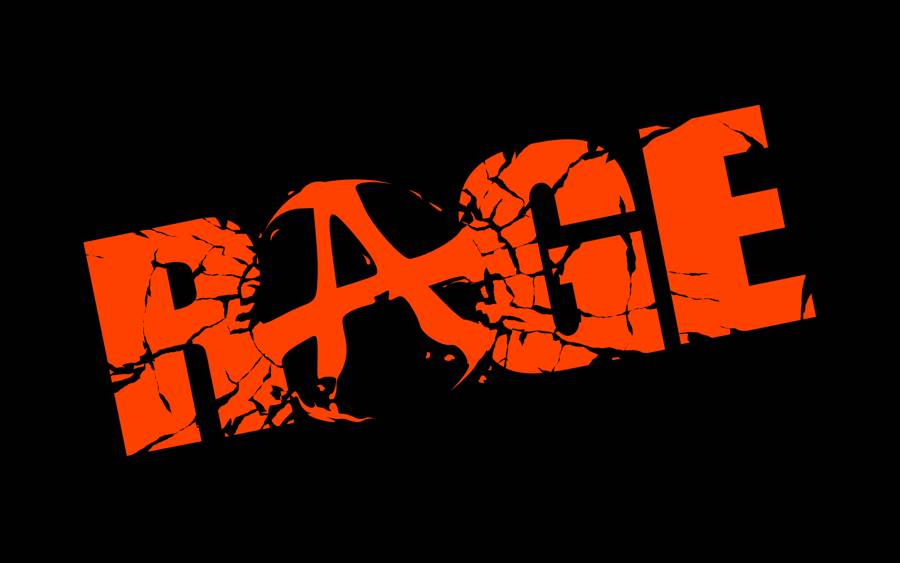
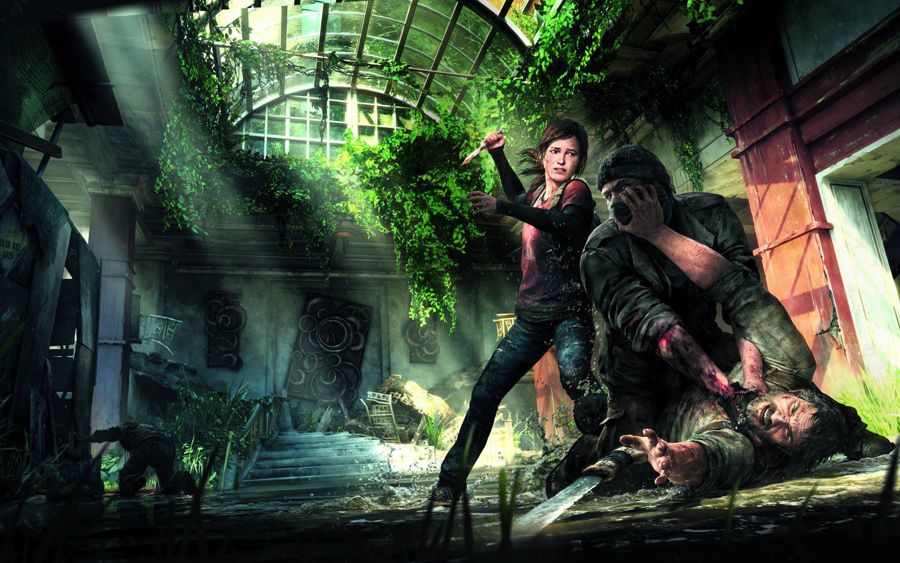
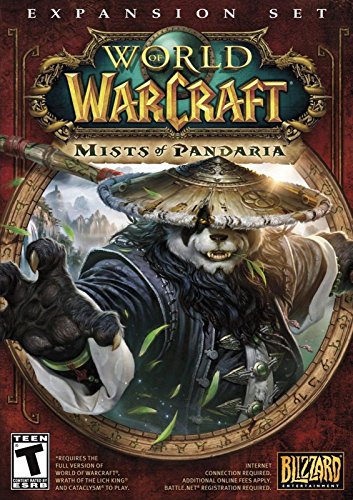 Mists of Pandaria Brewmaster Monk Tanking Guide
Mists of Pandaria Brewmaster Monk Tanking Guide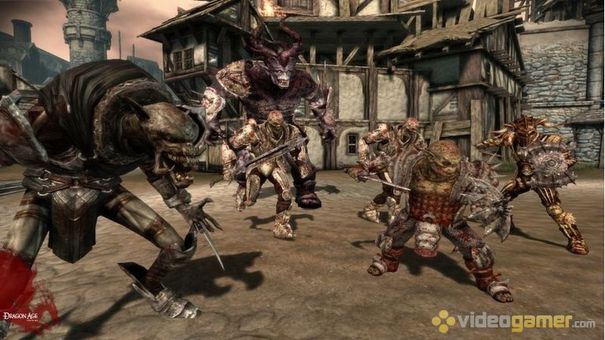 The Games Of The Generation: Simons Choice
The Games Of The Generation: Simons Choice How to Reduce the Cost of Training Prayer in RuneScape Using Quests
How to Reduce the Cost of Training Prayer in RuneScape Using Quests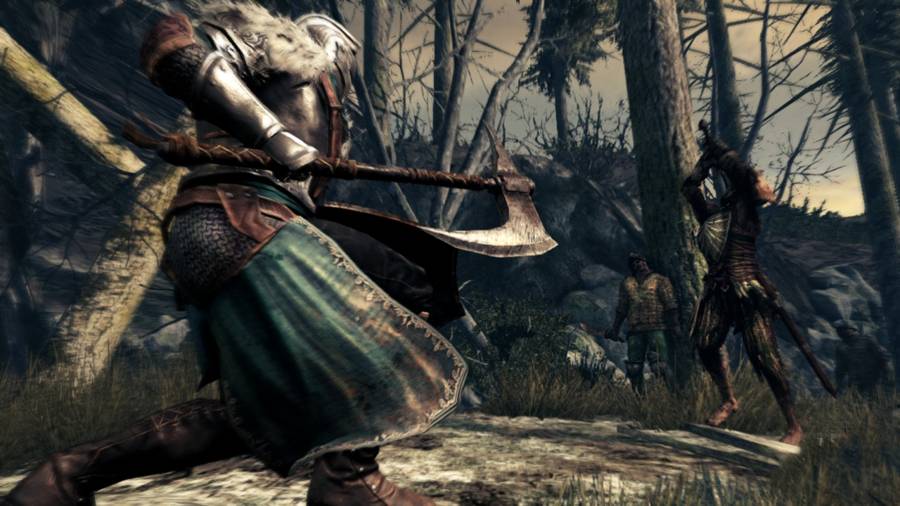 Dark Souls 2 Guide: Starter Item Guide
Dark Souls 2 Guide: Starter Item Guide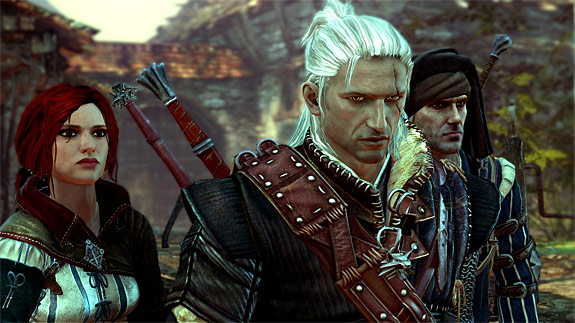 The Witcher 2 Game Guide: Unique Items, Endings, Love Scenes, and more
The Witcher 2 Game Guide: Unique Items, Endings, Love Scenes, and more